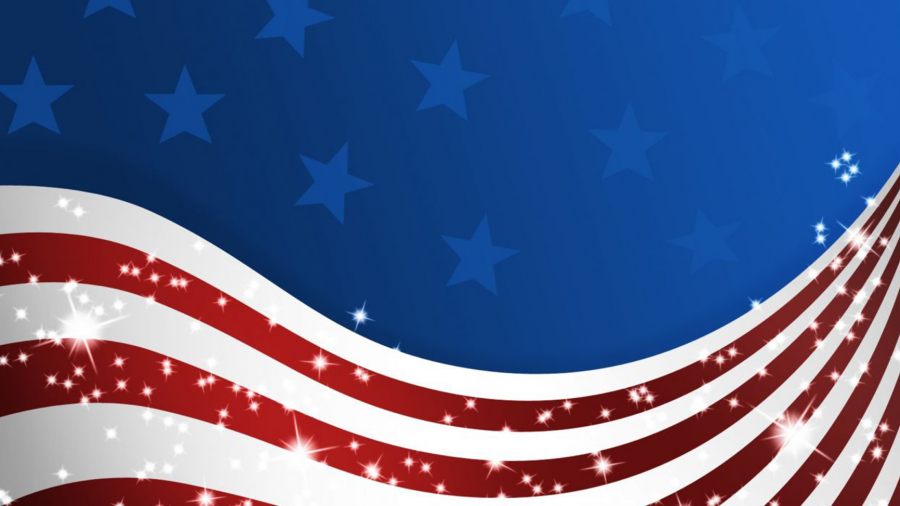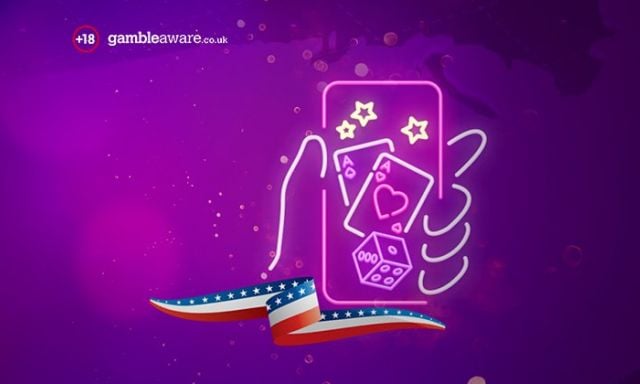
The average European gambler probably does so without giving a second thought to the legal position around the world. While someone in the UK might choose to bet on the football at half-time, or grab a few slots spins on their phone on the way to work, the position is a little more complicated for gamblers elsewhere, including the US.
The legal position around online gambling in the United States is a confusing one, and until very recently, US gamblers would have had a difficult time trying to gamble or bet online. So what’s the position now, and what’s the legal status of online gambling in America?
Is It Legal?
As a starting point, Federal law does not prohibit online gambling. However, the position varies state by state – the only exception here is sports betting, which can be deemed illegal when it crosses state lines under the Wire Act. It used to be the case that regulators thought the Wire Act was more far reaching, with the position clarified in a Supreme Court ruling more recently.
This then kicks the issue back to state legislatures, where the position varies from state to state. There are also some important distinctions around casino gaming. Tribal gaming, for example, allows native populations to run their own casino and gambling licensing models, while more recent legal decisions have paved the way for physical casino operators to offer online gaming services.
For individual players, the position remains clear – wherever your bets are accepted, you won’t be prosecuted for gambling online or offline. These laws only apply to operators in any case, so you should have no fear about gambling or betting freely. In practice, you might still run into difficulties around funding your casino account, with some restrictions in place in some cases.
Sports Betting in the US
Back in May, the Supreme Court ruled on a landmark case that struck down the Professional and Amateur Sports Protection Act, a 1992 statute that was often cited as the reason sports betting was restricted to Nevada-only gambling.
At the time, it was reported that research showed as many as 32 states would legalise sports betting within 5 years, following on from the act. In court, Justice Samuel Alito said that where the Federal government hasn’t explicitly regulated, it’s up to individual states to determine their policy.
“The legalization of sports gambling requires an important policy choice, but the choice is not ours to make. Congress can regulate sports gambling directly, but if it elects not to do so, each state is free to act on its own. Our job is to interpret the law Congress has enacted and decide whether it is consistent with the constitution. Paspa is not.”
Since the decision, a number of states have already rolled out sports betting, with several others expected to follow suit in the months and years to come.
Online Casinos in the US
Since 2006, it has been against the law for US payment processors to handle transactions relating to gambling business. It is also illegal for any online casino in the US to accept bets, unless it is explicitly licensed to do so. Some licensing exceptions do exist, for example in casinos in New Jersey and Nevada, with physical casino operators and their online partners covered by the exemption. This is how US players can legitimately bet at online casinos located within their state.
The position is of course constantly changing, and no more so than in recent months, when the outlook for gambling in the US changed significantly for the positive. There still remains many grey areas, but in practice, there are few difficulties for the gambler who wants to bet in the US.
The tide does appear to be turning in favour of gamblers and casino operators, with emerging US markets becoming a competitive environment for online operators for the first time. With the US position still more confusing than in other developed countries, there’s still a lot US lawmakers could learn from licensed gambling markets elsewhere in the world.








